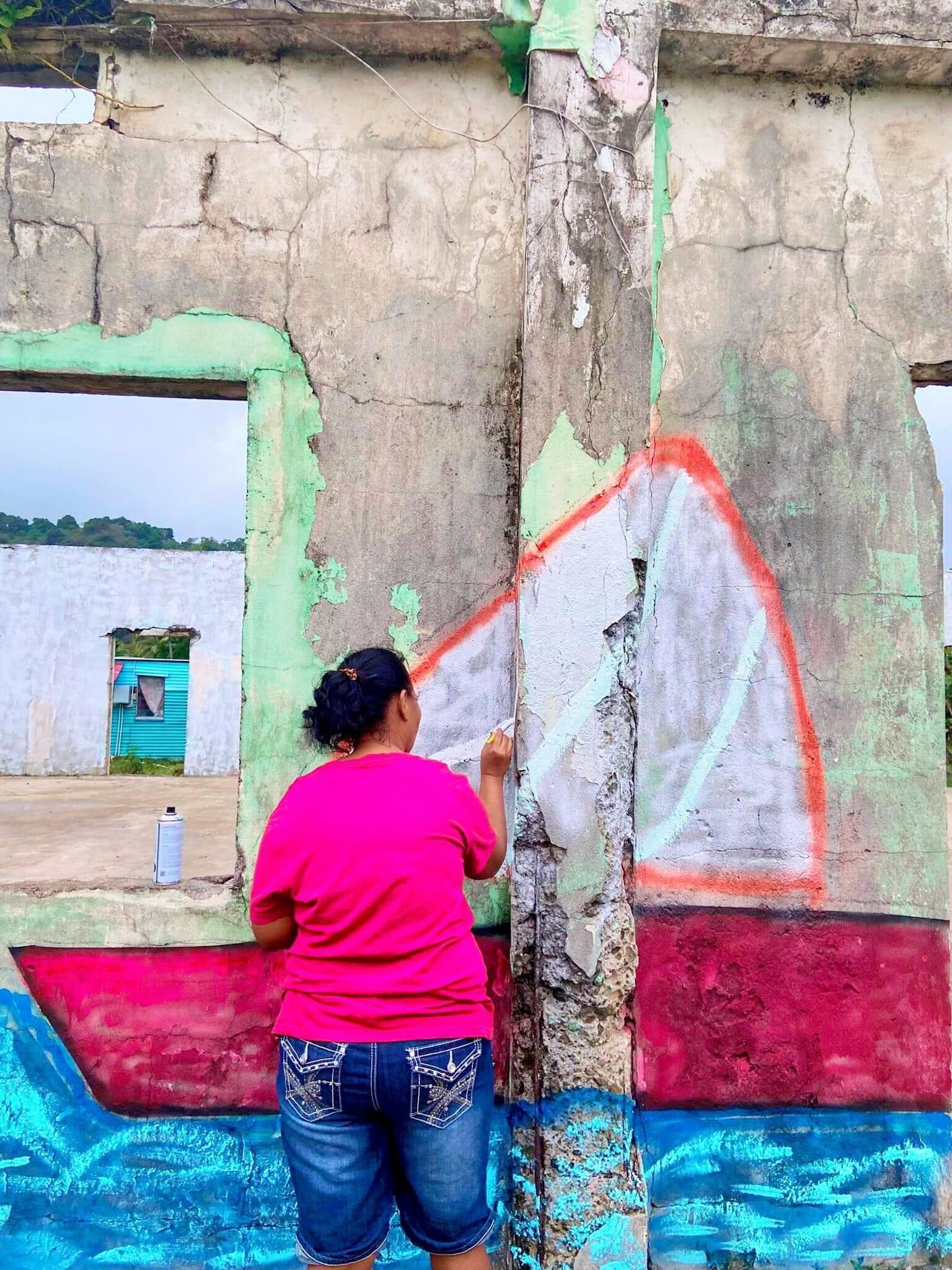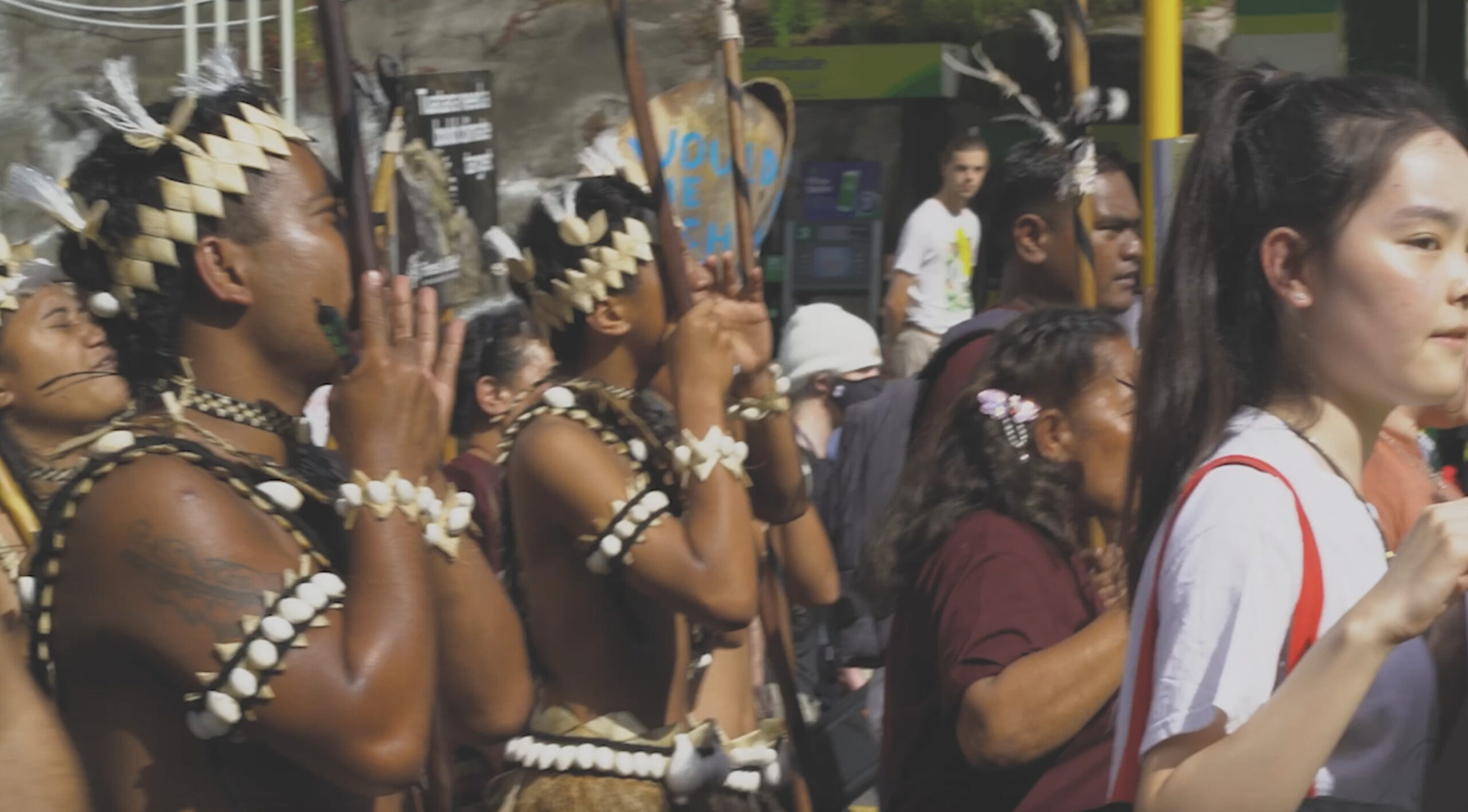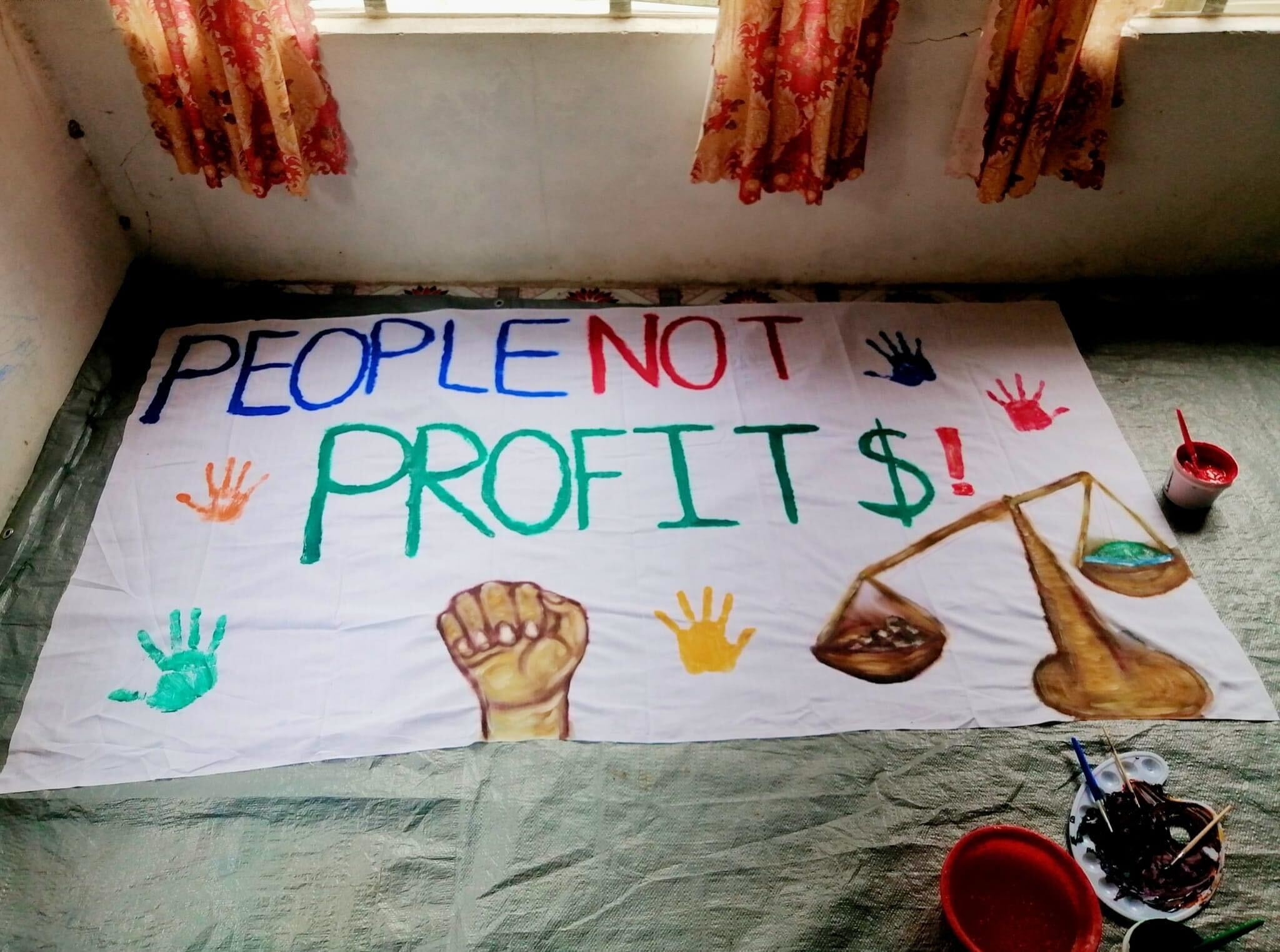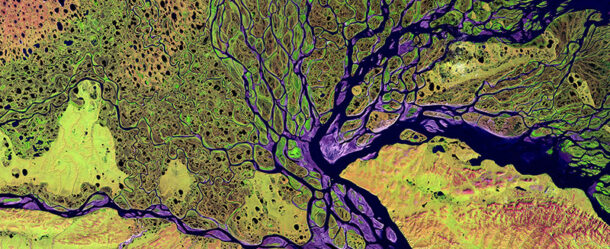On World Indigenous Day, the Rabi Island Community Hub (RICH) in Rabi has launched a two-day summit to spotlight the pivotal role of the Banaban community in tackling the climate crisis and associated human rights challenges.
Rabi Island, Fiji, is home to the Banaban people, who were forcibly relocated from their indigenous lands in Banaba, Kiribati to Fiji in 1945, due to extensive mining that destroyed their island home. For the first time, RICH, a community-based organization, is bringing together youth, women, and the general public to celebrate the resilience of Banaban people after over 77 years of displacement and dispossession resulting from environmental degradation and colonial exploitation.
The summit includes the launch of a virtual arts exhibition, sports and cultural activities, policy reports, and the revival of the Banaban Cultural Dancing Group to support key advocacy objectives.
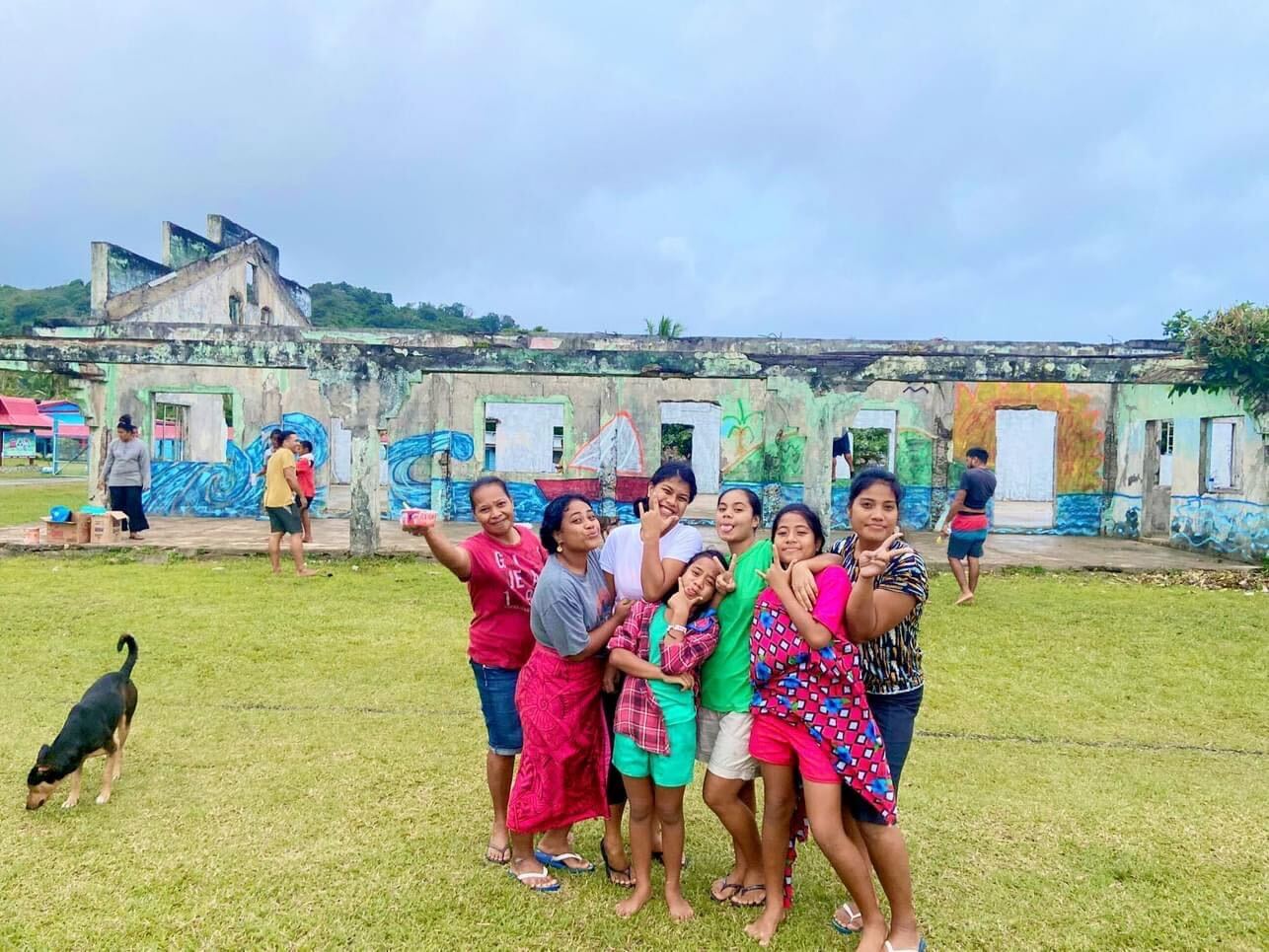
The summit is funded and supported by ICAAD, the Unitarian Universalist Service Committee, the Fiery Canoe Foundation, Greenpeace, 350 Pacific Climate Warriors, Banaban Women Organization, Rabi Council of Leaders and the community members of Rabi.
Empowering Youth Changemakers
“We’re thrilled to be bringing the Banaban people together to remember and honor their ancestors, to strengthen partnerships, and to share their experiences with current and future climate-displaced communities,” said Rae Bainteiti from RICH.
Rae continued, “Central to this event is providing a space for youth to engage with arts and cultural activities that can foster connections and provide platforms for engagement in climate change and justice work. The youth population of Rabi makes up more than half of the island’s 5,000 people, and their empowerment is critical to building a more equitable future.”
Youth activities include traditional knowledge revival and skill-sharing, like weaving; a high school speech contest; volleyball and island ball; and a mural project on forced relocation at Queen Elizabeth Hall, which was destroyed in 2003 by Cyclone Ami and again in 2010 by Cyclone Tomas.
Advancing Social Justice Through the Arts
To share the story of Banaba with the world, ICAAD has launched a virtual exhibition to bring together all of the research and arts projects from this collaboration that shine a spotlight on human rights. The exhibition outlines the colonial authorities that were involved in the mining of Banaba and their role in environmental damage across the Pacific, as well as the persistent challenges impacting Indigenous communities on the climate frontline.
“We hope that the murals created by Banaban youth and the virtual arts exhibit can amplify the key demands on climate change and reparations for loss and damage that resulted from extractive industries and disasters,” said Director + Change Facilitator Erin Thomas from ICAAD.
The Banaban Cultural Dancing Group has been revived through RICH as another way to amplify their human rights struggle. With support from remaining elders and knowledge holders on Rabi, the dancers will present a show at the summit to tell the story of their forced displacement.
Fiery Canoe Foundation Vice-President, Professor Katerina Teaiwa, said, “We are excited to support the Banaban Cultural Dancing Group. Historically, Banaban composers, musicians, choreographers and dancers have been critical for cultural revitalisation, and to spotlight Banaban identities, self-determination, and political and environmental justice.”
Supporting Key Advocacy Objectives
RICH is also publishing several reports to support advocacy efforts. They were compiled by volunteers through the mandates of the village chairman and with support from the four villages of Rabi, Tabwewa, Uma, Tabiang and Buakonikai.
“Banabans living on Rabi Island and across the diaspora have faced numerous challenges over the past decades, from socio-economic deprivation including lack of access to basic needs like food and water, and from political dispossession and lack of clear citizenship rights,” said Tebuka Kareo from the Banaban Women’s Organisation.
“In addition to localized policy challenges that need urgent attention, we want to offer learnings that can be used to support other island communities and those on the climate frontline. Displacement already is one of the major climate impacts and is only going to get worse. To address this, communities like ours need to build platforms to support each other and share our struggle with the world.”
